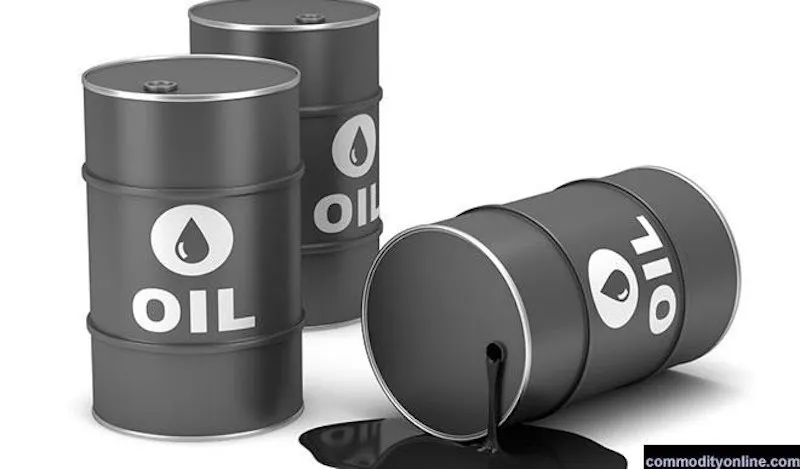NBS Report Highlights Drop in Crude Oil Production
The Nigeria Bureau of Statistics (NBS) has released its quarterly Gross Domestic Product (GDP) report for 2024, revealing a decline in Nigeria’s crude oil production.
According to the report, the average daily crude oil production fell from 1.5 million barrels per day (bpd) in the first quarter to 1.4 million bpd in the second quarter of 2024.
Join our WhatsApp ChannelThis decline raises concerns about the federal government’s goal of achieving a production rate of 2 million bpd by the end of the year.
Details of the Crude Oil Production Decline By NBS
The NBS report highlighted that crude oil production in Q1 2024 stood at 1.57 million bpd, but this figure dropped by 0.16 million bpd in the second quarter.
While the year-on-year comparison showed growth, with crude oil output rising from 1.22 million bpd in Q2 2023 to 1.41 million bpd in Q2 2024, the quarterly decline is worrisome.
The oil sector’s contribution to Nigeria’s GDP during this period was modest, accounting for just 5.7%.
However, the sector saw real growth of 10.15% in GDP, a significant improvement from the -13.43% recorded in Q2 2023.
Despite these gains, the quarterly drops in crude oil output have cast doubt on the country’s ability to meet its year-end production targets.
READ ALSO: Nigeria’s GDP Growth Rise By 3.2% In Q2- NBS
Implications for Nigeria’s Economy
The drop in crude oil production has far-reaching implications for Nigeria’s economy. Although the oil sector contributes a small percentage to the GDP, it remains a crucial source of foreign exchange and government revenue.
The importance of the sector cannot be overstated, as it funds various government functions and supports essential sectors like infrastructure, education, and health.
Olufemi Soneye, the Chief Communication Officer of the Nigerian National Petroleum Corporation (NNPC), emphasised the vital role of crude oil in Nigeria’s economy.
“The NNPC remains the largest contributor of tax revenue to the Federation Account,” Soneye stated, highlighting the corporation’s critical role in supporting the country’s fiscal health.
In its 2023 audited financial report, NNPC disclosed a payment of N2.69 trillion in income tax to the federal government, underscoring the sector’s economic importance.
Challenges Facing the Oil Sector
Despite the potential benefits, the oil sector continues to face significant challenges. Insecurity and low investment have plagued the sector, exacerbated by the exit of international oil companies (IOCs) and unresolved issues related to oil asset transfers.
Last month, the Nigerian National Petroleum Company Limited (NNPCL) announced renewed efforts to address these challenges, as crude oil production has stagnated over the past five months.
The Organisation of Petroleum Exporting Countries (OPEC) reported in July 2024 that Nigeria’s crude oil production rose to 1.307 million bpd, adding 30,000 barrels daily compared to June 2024.
However, the overall trend shows a sector struggling to maintain consistent production levels. Nigeria remains Africa’s largest oil producer, with Libya closely following at 1.175 million bpd.
Outlook for the Future
The federal government has reiterated its commitment to reaching a daily production rate of 2 million barrels by the end of 2024. Minister of Petroleum Resources, Heineken Lokpobiri, has repeatedly stressed this goal, stating that the government is working tirelessly to overcome the challenges facing the oil sector.
However, the NBS report’s findings suggest that achieving this target may be more challenging than anticipated.
As Nigeria navigates these obstacles, the performance of the oil sector will be closely watched, with implications not only for the country’s GDP but also for its broader economic stability.
The NBS report serves as a reminder of the critical need for strategic interventions to ensure the sustainability and growth of Nigeria’s oil production in the coming months.
Emmanuel Ochayi is a journalist. He is a graduate of the University of Lagos, School of first choice and the nations pride. Emmanuel is keen on exploring writing angles in different areas, including Business, climate change, politics, Education, and others.

















Follow Us